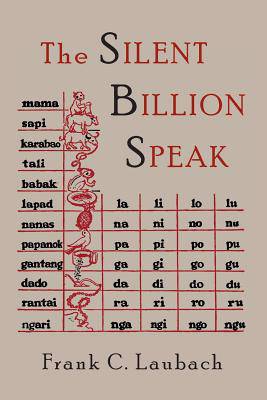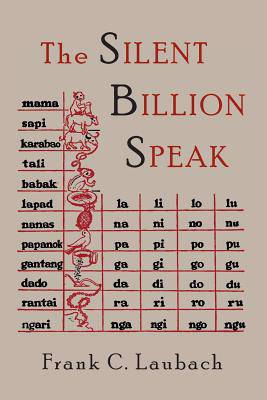
- Afhalen na 1 uur in een winkel met voorraad
- Gratis thuislevering in België vanaf € 30
- Ruim aanbod met 7 miljoen producten
- Afhalen na 1 uur in een winkel met voorraad
- Gratis thuislevering in België vanaf € 30
- Ruim aanbod met 7 miljoen producten
Zoeken
Omschrijving
2013 Reprint of 1943 Edition. Exact facsimile of the original edition, not reproduced with Optical Recognition Software. In his classic "The Silent Billion Speak," published in the middle of World War II, Laubach described how he had developed an effective method for teaching the Muslim Moros of the Philippines how to read their own language. Their enthusiasm for literacy moved the Moros beyond the traditional Muslim-Christian hostility that had dominated relations with Christian groups for hundreds of years. Laubach traveled to India, Palestine, Syria, Turkey, Kenya, Tanzania, and other countries, preaching the gospel of literacy and developing teaching materials as a way to tackle the poverty of rapidly-growing countries in South Asia and Africa. Wherever he went, local Christian leaders and progressive politicians of all religious backgrounds welcomed him and sponsored literacy campaigns. Laubach called literacy work "a realistic project in building world good will." Literacy projects not only enabled young churches to thrive by teaching converts to read the Bible, but literacy promoted justice by giving the poor of the world valuable tools with which to challenge their oppressors. Not only did the Mission Education Movement give voices to the voiceless by letting non-western Christians speak for themselves in its study books, but the movement empowered the poor by promoting justice through literacy.
Specificaties
Betrokkenen
- Auteur(s):
- Uitgeverij:
Inhoud
- Aantal bladzijden:
- 210
- Taal:
- Engels
Eigenschappen
- Productcode (EAN):
- 9781614273950
- Verschijningsdatum:
- 5/02/2013
- Uitvoering:
- Paperback
- Formaat:
- Trade paperback (VS)
- Afmetingen:
- 152 mm x 229 mm
- Gewicht:
- 312 g

Alleen bij Standaard Boekhandel
+ 36 punten op je klantenkaart van Standaard Boekhandel
Beoordelingen
We publiceren alleen reviews die voldoen aan de voorwaarden voor reviews. Bekijk onze voorwaarden voor reviews.











